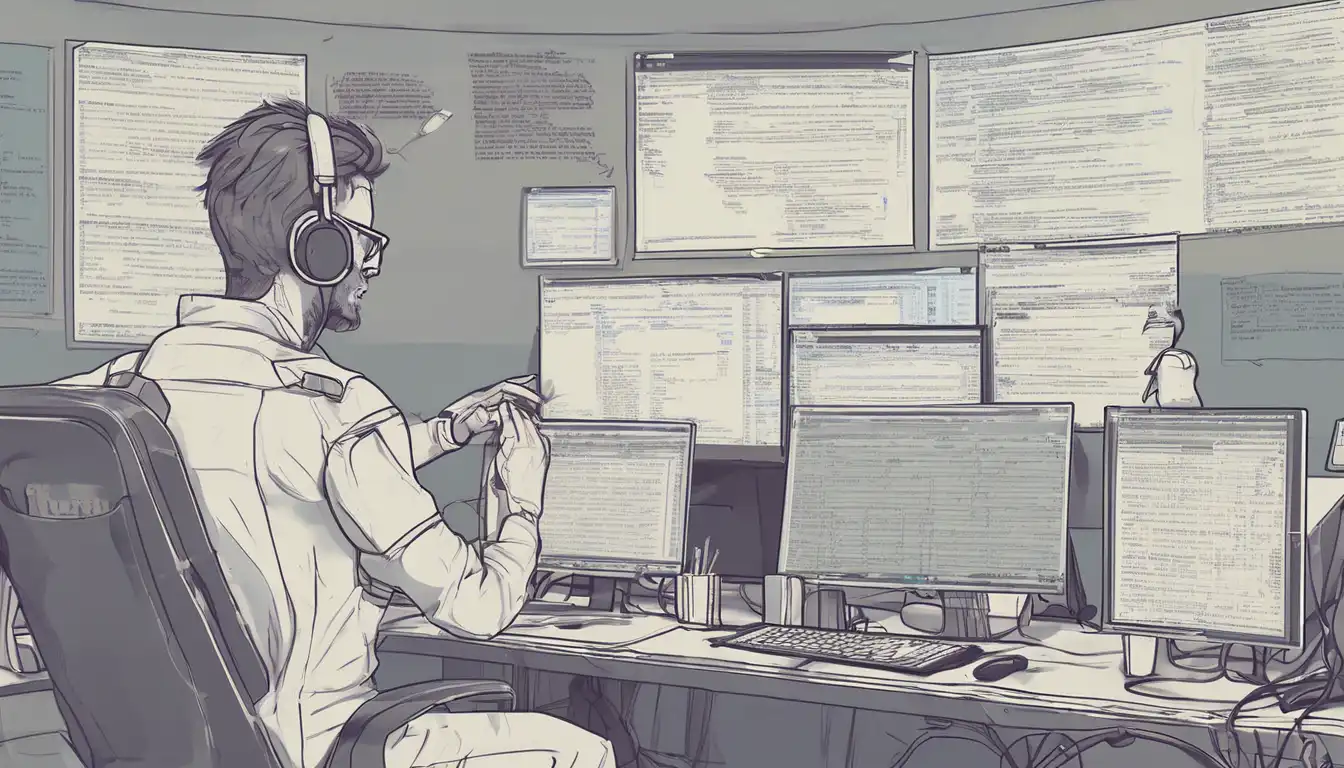Introduction to Professional Code Debugging
Debugging is an essential skill for any programmer, yet many struggle with it. This guide will walk you through the professional techniques to debug your code efficiently, saving you time and frustration.
Understanding the Debugging Process
Before diving into tools and techniques, it's crucial to understand what debugging entails. Debugging is the process of identifying and resolving errors or bugs in your code that prevent it from running correctly.
Essential Debugging Tools
There are several tools available that can help streamline your debugging process. Here are some of the most effective ones:
- Integrated Development Environments (IDEs): Most IDEs come with built-in debugging tools that allow you to step through your code, inspect variables, and more.
- Debugging Software: Tools like GDB for C/C++ or PDB for Python offer advanced debugging features.
- Logging: Implementing logging in your code can help you track down where things go wrong.
Step-by-Step Debugging Techniques
Follow these steps to debug your code like a pro:
- Reproduce the Bug: Before you can fix a bug, you need to be able to reproduce it consistently.
- Isolate the Problem: Narrow down where the bug is occurring by isolating sections of your code.
- Use Breakpoints: Set breakpoints in your IDE to pause execution and inspect the state of your program.
- Check Variable Values: Ensure variables contain the expected values at different points in your code.
- Fix and Test: After identifying the issue, make the necessary corrections and test your code thoroughly.
Common Debugging Pitfalls to Avoid
Even experienced developers can fall into common debugging traps. Here are a few to watch out for:
- Assuming Instead of Verifying: Always verify your assumptions with actual data.
- Overlooking Simple Solutions: Sometimes, the bug is a simple typo or logic error.
- Not Taking Breaks: Debugging can be mentally taxing. Taking breaks can help you approach the problem with fresh eyes.
Advanced Debugging Strategies
For more complex issues, consider these advanced strategies:
- Binary Search: Comment out half of your code to see if the bug persists, then narrow down from there.
- Peer Review: Sometimes, a fresh pair of eyes can spot something you've missed.
- Automated Testing: Implementing automated tests can help catch bugs early in the development process.
Conclusion
Debugging is a skill that improves with practice and patience. By utilizing the right tools and techniques, you can debug your code more efficiently and effectively. Remember, every bug you solve makes you a better developer.
For more tips on improving your coding skills, check out our programming tips section.
